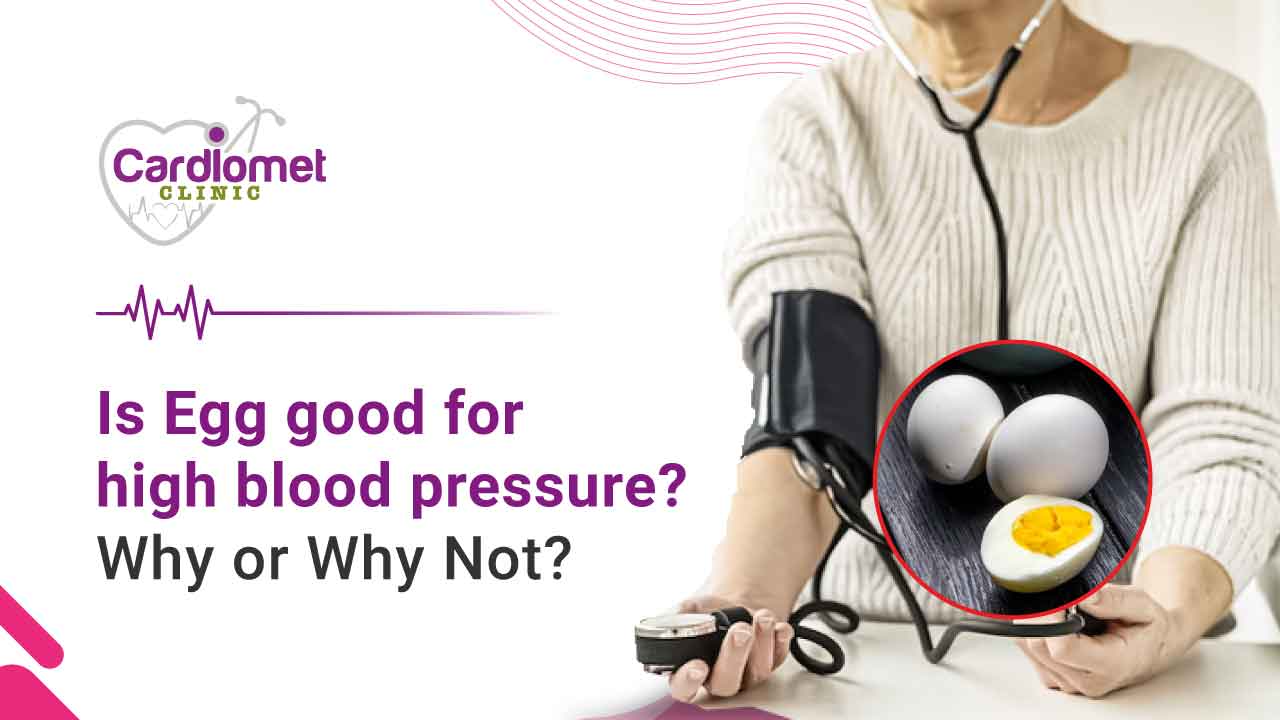Is Egg Good for High Blood Pressure? An In-Depth Look
High blood pressure, or hypertension, is a significant health concern that affects millions of people worldwide. One question that often arises is whether certain foods, such as eggs, are beneficial or detrimental to managing high blood pressure.
This article aims to explore the relationship between egg consumption and high blood pressure, providing a comprehensive understanding of the scientific evidence and offering practical dietary recommendations for heart patients and their families.


Understanding High Blood Pressure
High blood pressure, or hypertension, occurs when the force of blood against the walls of your blood vessels is consistently too high. Over time, this can lead to serious health risks, including heart disease, stroke, and kidney damage.
Factors contributing to high blood pressure include genetics, age, obesity, a sedentary lifestyle, and an unhealthy diet high in sodium and low in essential nutrients.
Nutritional Profile of Eggs
Eggs are a nutrient-dense food, containing high-quality protein, vitamins (A, D, B12, and B6), minerals (selenium, iron, and zinc), and healthy fats, including omega-3 fatty acids. However, eggs are also known for their cholesterol content, with one large egg containing approximately 186 milligrams of cholesterol, which has historically raised concerns for individuals with high blood pressure.
Eggs and Blood Pressure: The Research
Several studies have investigated the relationship between egg consumption and high blood pressure, yielding mixed results. Some research suggests that moderate egg consumption (up to one egg per day) does not significantly increase the risk of developing hypertension .Other studies indicate that consuming eggs may even have a modest blood pressure-lowering effect, particularly when replacing less healthy food options, such as processed meat .
However, it is essential to note that individual responses to egg consumption may vary, and some individuals may be more sensitive to the effects of dietary cholesterol. Therefore, it is crucial to consider the overall context of one's diet and lifestyle when evaluating the impact of egg consumption on blood pressure.
The Cholesterol Controversy
Historically, dietary cholesterol, such as that found in eggs, has been a concern for individuals with high blood pressure due to its perceived impact on blood cholesterol levels and heart health. However, more recent research has challenged this view. Studies have shown that dietary cholesterol has a minimal effect on blood cholesterol levels for most people, as the body tightly regulates cholesterol production.
Moreover, it has been found that the type of fat you consume plays a more significant role in influencing blood cholesterol levels and heart health than dietary cholesterol itself. Saturated and trans fats, commonly found in processed and fried foods, are more likely to raise blood cholesterol levels and contribute to heart disease. In contrast, unsaturated fats found in foods like nuts, seeds, and fish can help maintain healthy blood cholesterol levels.
Other Factors to Consider
While understanding the relationship between eggs and high blood pressure is essential, it is crucial to consider the overall context of one's diet and lifestyle. Consuming a balanced and varied diet, rich in fruits, vegetables, whole grains, lean protein sources, and healthy fats, can have a significant impact on managing high blood pressure.
Individual variation in dietary response also plays a role; some people may be more sensitive to the effects of certain foods, including eggs. It is essential to monitor your blood pressure and consult with healthcare professionals to determine the best dietary choices for your unique needs.
Dietary Recommendations
For individuals with high blood pressure, a balanced and varied diet is key. The Dietary Approaches to Stop Hypertension (DASH) diet, which emphasizes fruits, vegetables, whole grains, lean proteins, and low-fat dairy products, has been proven effective in lowering blood pressure.
Regarding egg consumption, most current guidelines suggest that moderate egg intake (up to one egg per day) is safe and unlikely to significantly impact blood pressure for most individuals. However, it is essential to consider your unique dietary needs and consult with a healthcare professional for personalized recommendations.
Conclusion
In summary, eggs, when consumed in moderation, appear to be safe for most individuals with high blood pressure. Recent research has shifted the focus away from dietary cholesterol, emphasizing the importance of overall diet quality and the types of fats consumed. It is crucial to maintain a balanced and varied diet and consult with healthcare professionals to determine the best dietary choices based on individual needs.




